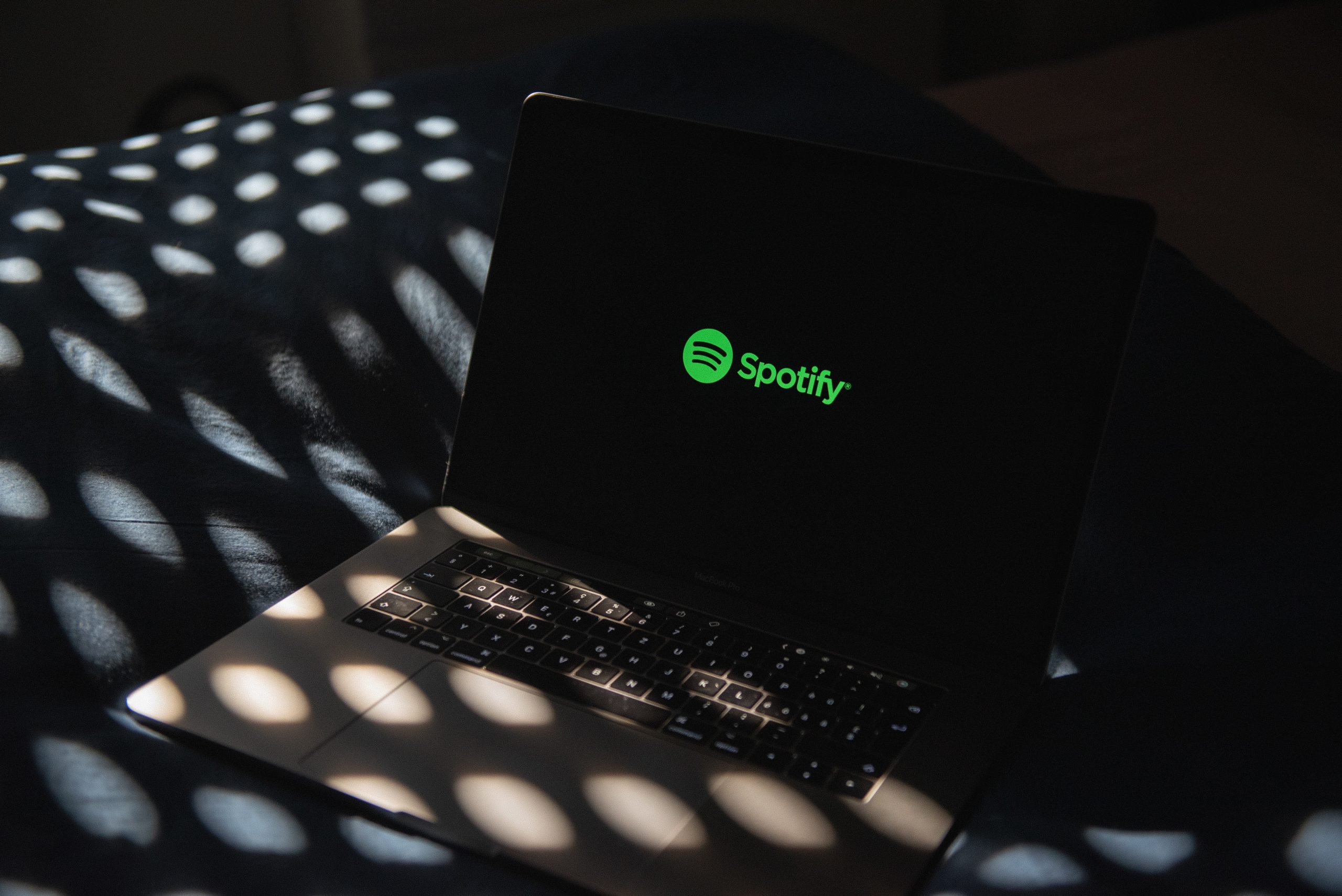Listeners:
Top listeners:
-
play_arrow
RSU Radio Real College Radio
-
 play_arrow
play_arrow
Urban Wilderness: Turkey Mountain Rocks!

In the age of social media apps like TikTok and Twitter, it is easier than ever to market music. Now, artists can promote their music for free through their accounts, buy ads, and have others promote them. People who wouldn’t have had the chance in the industry the traditional way find their fame through viral posts, giving the “average” person a better shot than before. The chances of becoming viral are still low, of course. Another positive influence social media has had is that artists and fans can interact more. It’s now easier than ever to DM just about any celebrity or @ them on these platforms, making the chance of interaction high.
The metaverse paired with the pandemic has also uniquely impacted the music industry. With online concerts, fans who typically couldn’t afford or travel to see their favorite musicians now can do so through Zoom or even a game! For example, musicians like Lil Nas X and Travis Scott have performed concerts through games like Roblox and Fortnite respectively. In fact, Post Malone recently announced that he will be performing in a 40 minute virtual reality concert for Meta, the tech conglomerate that owns Facebook and Instagram. This subject was touched upon in our Seeing (And Hearing) Into the Future article by Caleb, which discusses the current and future uses of holograms for concerts.
Social media also makes it easier for fans to hold musicians and other celebrities accountable. For example, after Lizzo released her new song, “Grrrls”, she was met with backlash online about the use of an ableist term. Lizzo chose to acknowledge the harm she caused and altered the song’s lyrics. Some may claim this is a part of “cancel culture” but the people who spoke out against the lyrics said they want to educate, not ruin anyone’s career. There are many examples of artists doing the opposite of Lizzo and refusing to change lyrics, some artists even talk down to those who ask for the change.
There are also negative aspects to how social media and the music industry interact, like the aforementioned cancel culture. Another example is the multiple artists who have posted on their social media how labels pressure them to not only create music but to create content as well. One of the artists who spoke up about this, Halsey, posted this on their TikTok account:
@halseyI’m tired♬ original sound – Halsey
One of the biggest social media platforms for musical artists right now is TikTok. Once a song goes viral on the app, it becomes a hit everywhere else. Musicians who become viral on TikTok sometimes receive no payment from the platform. TikTok attempted to address this for users by creating the Creator Fund, but many creators on the app criticize it. These creators claim that they make little on their videos, even if they have millions of views. Another criticism of this program is that it only applies to content creators in the U.S., U.K., France, Germany, Italy, and Spain. What about the creators in countries like Canada, Australia, Mexico, etc.? A Canadian singer/actor named Tyler Shaw spoke out about this at a panel at Canadian Music Week. He discussed the discrepancy with Digital Music News at the event, saying that despite his 2.5 billion views and song streams, he has not earned any money from TikTok.
This brings us to the issue of artists’ lack of payment. With sites and apps like YouTube, listeners can stream albums for free. Musicians and labels try to address this by informing YouTube to take it down for copyright but that doesn’t always work. The music streaming service, Spotify, does pay artists per stream, however, it is a very small amount. You can find the amount here along with how much other platforms pay (spoiler alert: not very much!) However, websites like Bandcamp allow fans to buy artists’ music and the money goes directly to them. In fact, Bandcamp claims that “Fans have paid artists $929 million using Bandcamp, and $194 million in the last year” on their homepage.
In conclusion, social media and the music industry have become irreparably intertwined. Social media often affects music, rather than the other way around. Though there are positive influences, there are also negative ones. What do you think? With the advancement of technology and social media, how else will the music industry be affected?
Written by: Lacie

